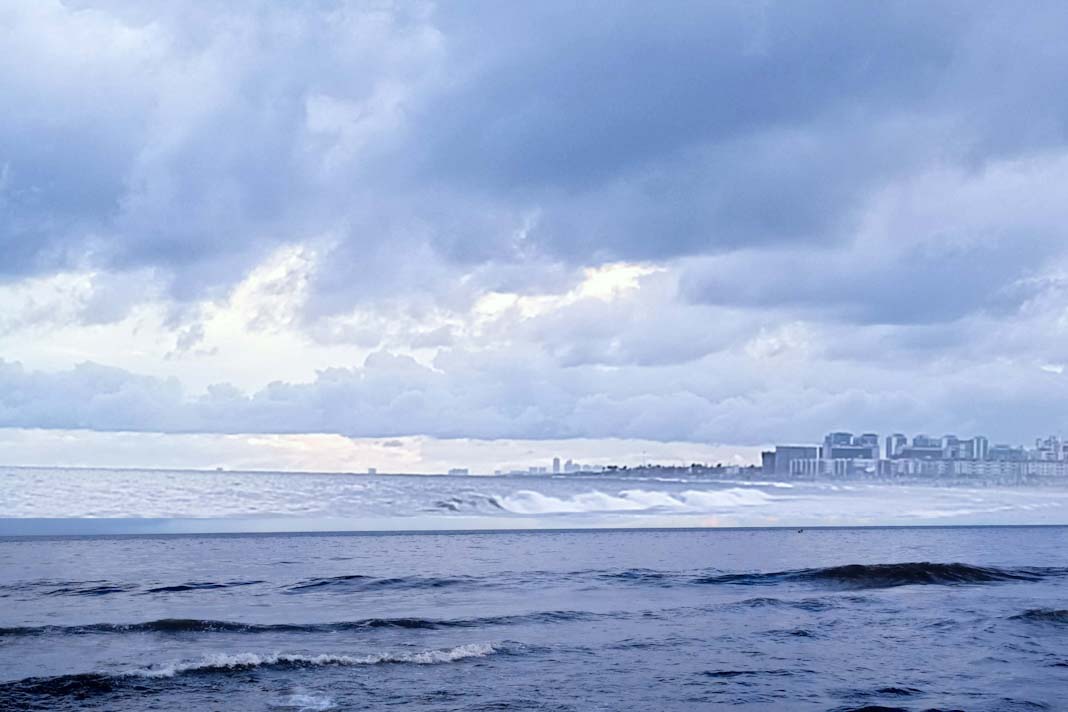- The Panama Canal Authority introduced a “Disruption Charge” in January 2023, with penalties reaching up to USD 250,000.
- Charges apply to vessels with deficiencies that risk causing transit delays or disruptions, extended in July 2023 to cover harbor movements.
- Although vessels are allowed 30 minutes to rectify issues, this grace period is rarely granted in practice.
- Legal options to contest charges are limited, though the PCA may reconsider penalties on a case-by-case basis.
The Panama Canal Authority’s “Disruption Charge,” introduced in January 2023, has become a significant concern for vessel operators due to the high financial impact it carries. Gard P&I Club has issued guidance explaining the charge, its scope, and steps that shipowners and operators can take to reduce the risk of penalties, as published by Safety4Sea.
Since its introduction, the Panama Canal Authority (PCA) has imposed disruption charges of up to USD 250,000 on vessels with deficiencies that cause transit delays or safety risks. The measure was designed to minimize disruptions during canal passages and ensure that vessels address deficiencies promptly. The PCA later expanded its application to include harbor movements within the canal from July 2023.
Although the rules provide a 30-minute window for rectifying issues, industry experience suggests this grace period is seldom granted in practice. Guidance from Gard also notes that the avenues to challenge such charges remain limited and complex, requiring legal claims before the Supreme Court of Panama. While a constitutional challenge is unlikely to succeed, an administrative-contentious claim remains untested and may take years to resolve. Nonetheless, the PCA has shown willingness in certain cases to review or reconsider potential charges on an individual basis.
Did you subscribe to our Daily newsletter?
It’s Free! Click here to Subscribe!
Source: Safety4Sea
























